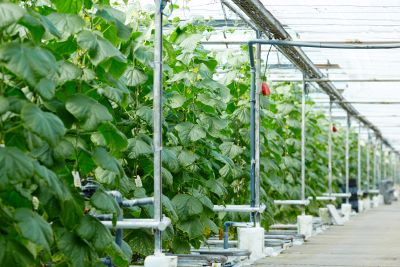

Israel farming agriculture organic sustainable cooperation India Israel
Climate Policy Initiative (CPI) has unveiled its latest report “Sustainable Finance Flows to India’s Agriculture Sector” that offers a comprehensive analysis of financial flows that can help transform India’s agriculture into a sustainable and climate-resilient sector.
The new report from Climate Policy Initiative provides a deep dive into the public and private finance sources, intermediaries, and end-use activities within India’s agriculture value chain during the 2020-21 and 2021-22 financial years. By mapping financial flows and identifying key opportunities, the report is a critical resource for policymakers, regulators, financial institutions, and private investors.
Speaking on the report’s significance, Vivek Sen, Director at CPI India, remarked, “India’s agriculture sector is at a crossroads, grappling with the dual challenge of ensuring food security while adapting to the impacts of climate change. This report highlights actionable pathways to mobilize finance that supports sustainable agricultural practices, unlocks innovation and fosters resilience. Collaborative efforts across stakeholders are essential to meet the growing food demand and achieve long-term sustainability.”
Key findings from the report include:
The report recommends a four-pillar framework to enhance sustainable agriculture finance in India:
The findings and recommendations aim to inspire collaborative efforts across public-private partnerships and intergovernmental initiatives, addressing the sector’s growing challenges and opportunities.
1. The mandate for blending Compressed Biogas (CBG) with natural gas has come into effect…
Andhra Pradesh is striving towards greening its energy sector with quite some speed. In a…
With an objective to bolster India’s green energy goals, a Tripartite Agreement has been signed…
The Union MNRE Minister Pralhad Joshi launched the Green Hydrogen Certification Scheme of India (GHCI)…
India’s energy conglomerate Bharat Petroleum Corporation Limited (BPCL) has commissioned a 5MW green hydrogen plant…
In a historical development, the European Space Agency (ESA) has successfully launched its pioneering ‘Biomass’…